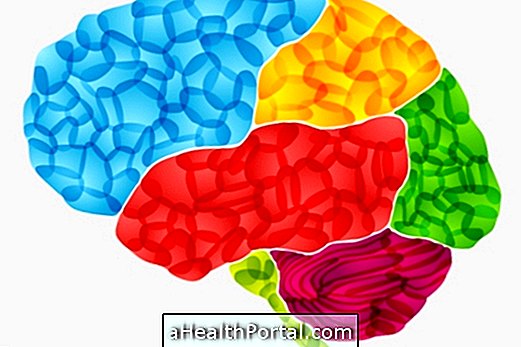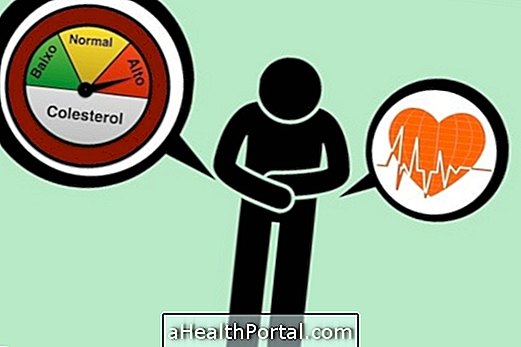If malaria is not identified and treated quickly, there may be some complications, especially in children, pregnant women and people with the most compromised immune system, such as kidney failure, hypoglycemia, pulmonary edema and brain disorders.
The prognosis of malaria is worse when the person has hypoglycaemia, seizures, changes in consciousness and repeated vomiting, and should be referred urgently to the emergency room so that symptoms can be controlled.
Malaria is an infectious disease caused by the parasite of the genus Plasmodium, which is transmitted to people through the mosquito bite of the genus Anopheles . When the mosquito is bitten, the mosquito transmits the parasite to the liver, where it multiplies, and then reaches the bloodstream, attacking the red blood cells and promoting their destruction, called hemolysis. Know the malaria cycle and main symptoms of the disease.

Possible Complications
Complications of malaria can arise if the disease is not identified quickly or when treatment is not done properly. It is more common that pregnant women, children and people with compromised immune system have the most severe form of the disease and complications. The main complications of malaria are:
- Pulmonary edema, which is more common in pregnant women, is characterized by hyperventilation, which is faster and deeper breathing, and a high fever, which can result in adult respiratory distress syndrome;
- Jaundice, which occurs due to excessive destruction of red blood cells and liver damage caused by the malaria parasite, resulting in increased bilirubin concentration in the bloodstream, resulting in yellowing of the skin. Learn more about jaundice and how treatment is done.
- Hypoglycemia, where the glucose concentration is below 30 mg / dL, which can result in convulsion, fainting, and even death. Know some causes of hypoglycemia;
- Hemoglobinuria, which corresponds to the presence of high amounts of hemoglobin in the urine due to the increased rate of hemolysis within the blood vessels, which can result in necrosis and renal failure, and may result in death. Due to the large amount of hemoglobin released, the urine becomes dark, and this complication may also be called a black urine fever;
- Malaria cerebral, which is characterized by intense headache, fever of at least 40ºC, constant vomiting, drowsiness, delirium and mental confusion. In addition, there may be coma, contraction of the pupils and alteration of deep reflexes.
There may also be enlargement of the liver and spleen, which can result in fatigue, anemia, and increased susceptibility to infections. See what the enlarged spleen may be.
To reduce the risk of complications, it is important that the diagnosis of malaria be made early in the symptoms so that treatment can be started. In addition, it is recommended to avoid epidemic sites to reduce the risk of exposure to the infectious agent. Learn how malaria treatment is done.






-o-que--como-identificar-e-o-que-fazer.jpg)


















